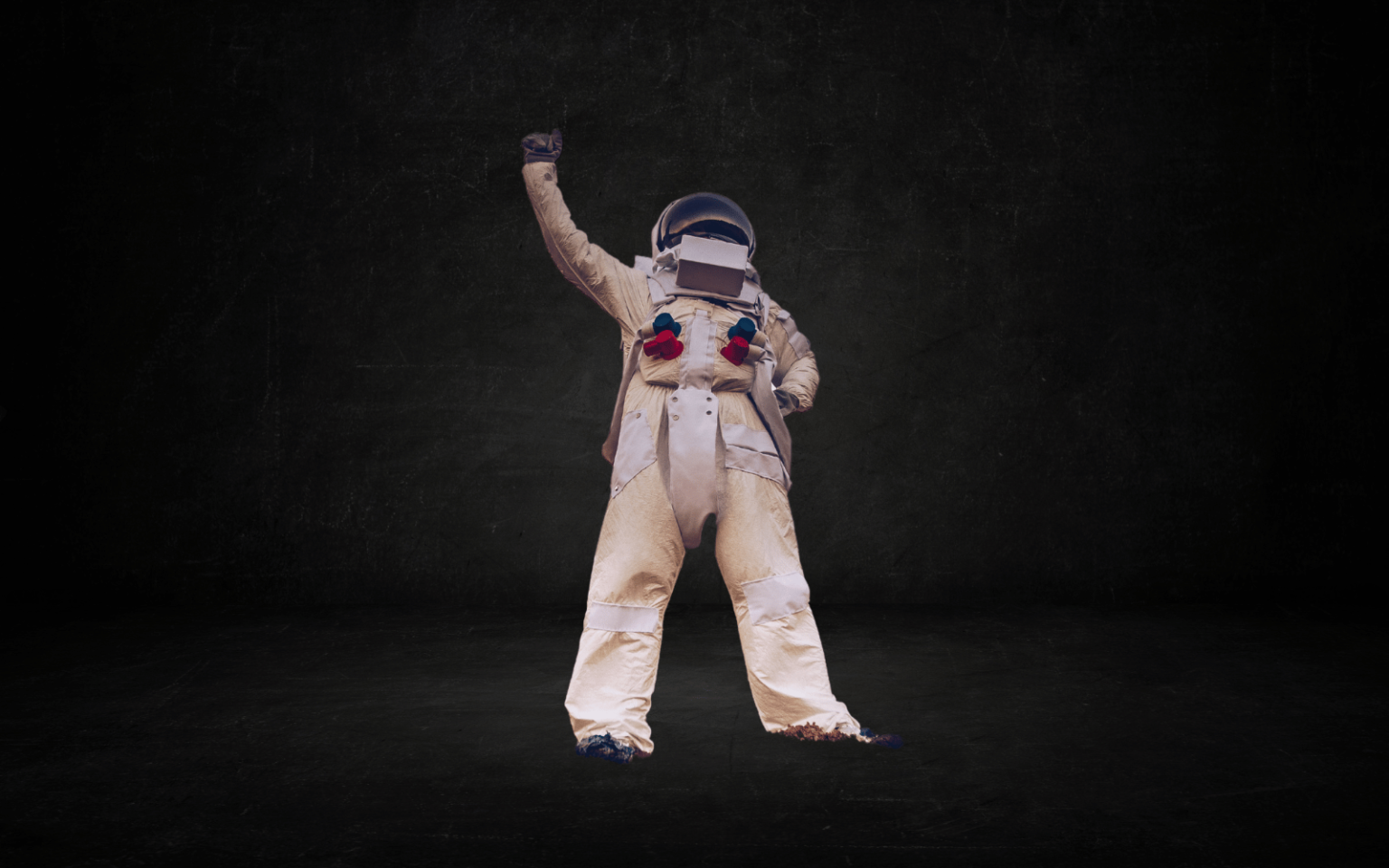ChatGPT is a powerful language model developed by OpenAI that has the ability to generate human-like text, making it capable of engaging in natural language conversations. This technology has the potential to revolutionise the way we interact with computers, and it has already begun to be integrated into various industries. However, the implementation of ChatGPT in the field of higher education in the UK poses a number of challenges that must be carefully considered. If ChatGPT is used to grade assignments or exams, there is the possibility that it could be biased against certain groups of students. For example, ChatGPT may be more…
Author: The Conversation
Almost a century ago, German physicist Werner Heisenberg realised the laws of quantum mechanics placed some fundamental limits on how accurately we can measure certain properties of microscopic objects. However, the laws of quantum mechanics can also offer ways to make measurements more accurate than would otherwise be possible. In new research published in Nature Physics, we have outlined a way to achieve more accurate measurements of microscopic objects using quantum computers. This could prove useful in a huge range of next-generation technologies, including biomedical sensing, laser ranging and quantum communications. We were also able to push beyond the limits of…
You may know nothing about it, but your phone – or your laptop or tablet – could be taken over by someone else who has found their way in through a back door. They could have infected your device with malware to make it a “bot” or a “zombie” and be using it – perhaps with hundreds of other unwitting victims’ phones – to launch a cyberattack. Bot is short for robot. But cyberbots don’t look like the robots of science fiction such as R2-D2. They are software applications that perform repetitive tasks they have been programmed to do. They…
It’s hard to imagine that the sustainable development goals (SDGs) and the fourth industrial revolution can be part of the same conversation. But, as a briefing paper by the World Economic Forum in collaboration with PricewaterhouseCoopers (PwC) points out: Over 70% of the 136 SDG targets could be enabled by technology applications already in deployment. To be achieved, both ideas – sustainable development and the fourth industrial revolution – require innovative thinking and a change of attitude. The fourth industrial revolution is defined by many as a period of rapid evolution caused by digitalisation, globalisation and technological innovation. It has been happening over the last decade and people are finally…
One highlight of my Grade 3 life was dying from dysentery at the hands of a video game. I was ahead on schoolwork, and allowed to use the classroom computer to pioneer a family across America in the game The Oregon Trail. It was odd that I played this in a Canadian school — rather than exploring something like the challenges of long-haul trucking in the game Crosscountry Canada. But with players still joking about Oregon Trail memes today, it’s clear the game made its mark. When we look at educational video games, many struggle to make a similar impact. The reason is…
Cryptocurrencies are experiencing their worst crisis since the arrival of the first crypto assets and virtual currencies in the 1990s and their democratization in the 2010s. Bitcoin had an unprecedented tumble in late 2020 and has yet to recover. In addition to this sharp decline, there is much discussion about the worrisome collapse of some so-called stablecoins, which are supposed to be less volatile. This is compounded by the fall of cryptocurrency giants, particularly due to allegations of fraud in cases like the FTX scandal. At its peak, FTX had one million users and was the third-largest cryptocurrency exchange in terms of volume. Experts…
Is there such a thing as nothing? – Reggie, aged seven, Darlington Could someone see nothing? What does nothing look like? – Maya, aged nine, Bristol Imagine you hear a noise outside your window. You think it might be a dog barking, or maybe a child shouting. But when you get up and have a look, there’s no dog or child. “Oh,” you say, “there’s nothing there.” We often say we’ve “got nothing”, or that there’s “nothing there”. But what we mean is that we haven’t got a particular thing. When you looked outside, lots of things were there –…
Two major astronomy research programs, called EMU and PEGASUS, have joined forces to resolve one of the mysteries of our Milky Way: where are all the supernova remnants? A supernova remnant is an expanding cloud of gas and dust marking the last phase in the life of a star, after it has exploded as a supernova. But the number of supernova remnants we have detected so far with radio telescopes is too low. Models predict five times as many, so where are the missing ones? We have combined observations from two of Australia’s world-leading radio telescopes, the ASKAP radio telescope and the Parkes radio telescope,…
We know more about the Moon than the deep sea. This idea has been repeated for decades by scientists and science communicators, including Sir David Attenborough in the 2001 documentary series The Blue Planet. More recently, in Blue Planet II (2017) and other sources, the Moon is replaced with Mars. As deep-sea scientists, we investigated this supposed “fact” and found it has no scientific basis. It is not true in any quantifiable way. So where does this curious idea come from? Mapping the deep The earliest written record is in a 1954 article in the Journal of Navigation, in which oceanographer and chemist George Deacon…
The world seems to be obsessed with aging. The media is plagued with articles about the costs of growing older, the cure to aging and secrets to aging successfully. Alongside these concerns, we strive to age gracefully or become “cognitive super-agers” — people whose brains function like those of a much younger person. Not everyone fears aging. There are also those who embrace it, and suggest that, instead of viewing aging as something to overcome, we should view it as “second adulthood” — an opportunity in life after retirement, to complete, consolidate and share experiences of lives that were meaningfully lived. But even in embracing aging, we…











